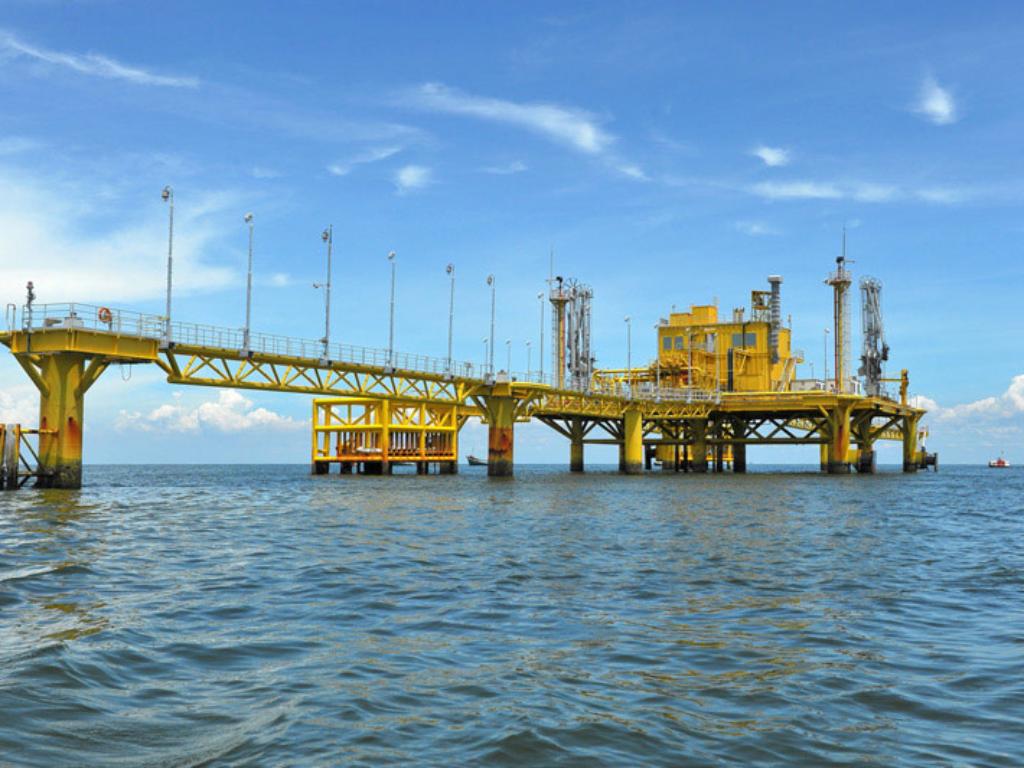Mechanical Integrity Services

Ensure the Integrity of Your Plant’s Processes
Whether your company is in the energy, petrochemical, pipeline, or manufacturing industry – ensuring the integrity of your plant’s processes requires a comprehensive program that lets you determine the safety of the processes, schedule maintenance, and determine the remaining service life of operation. TÜV Rheinland provides the service and quality assurance you need to meet industry quality control guidelines. Especially when it comes to pressure vessels, tanks and piping.
Our experienced, certified employees are fully qualified to examine and test your plant’s processes, determine an appropriate mechanical integrity program, and give you the resources you need to implement that program. Our on-site inspections provide a full range of non-destructive testing (NDT) methods and services, including:
- Complete turnaround services
- Project management
- General and Specialized Non-Destructive-Testing (NDT) methods
- Mechanical testing, Metallurgy and Failure Analysis
- Fitness-For-Service, FEA, Fracture Mechanics
- Positive material identification (PMI)
Benefits at a Glance
With TÜV Rheinland mechanical integrity services, you enjoy long-term cost savings by:
- Identifying deficient areas
- Scheduling equipment renewal at or near end of life
- Preventing catastrophic failures
- Preventing hazards to employees
- Preventing heavy OSHA fines and penalties
- Benefiting from our exclusive, one-stop service
Mechanical Integrity Services
Our experts provide the following quality inspection services:
- Ultrasonic testing (UT)
- Advanced NDT methods (PAUT, TOFD, PEC)
- Magnetic particle testing (MT)
- Dye penetrant testing (PT)
- Visual inspection (VT)
- Digital Radiography (RT; DR )
- Acoustic Emission test (AT)
- On-Site hardness testing
- On-site metallurgy, e.g. replica
- 24/7-Condition Monitoring with state-of-the-art sensor and data transmission
- Above- and below-ground storage tanks (API 650) inspection
- On-stream process piping inspection
- Corrosion surveys
- Pressure vessel inspection
- Boiler inspection
- Positive material identification (PMI)
Approach
A typical mechanical integrity implementation includes the following:
- Identify and list all covered equipment and process piping circuits
- Complete equipment data sheets
- Establish field-verified and red-lined piping and instrumentation diagrams (P&IDs)
- Systematic piping circuitization in line with process streams
- Create accurate isometric drawings of process piping and equipment
- Complete a corrosion study to establish failure mechanisms
- Documented visual inspections
- Establish inspection and test plans based on equipment type and applicable corrosion mechanisms
- Test on all kinds (NDT, mechanical testing)
- Produce reports identifying non-conformances and deficiencies
- Make recommendations to correct identified deficiencies
- Assist in updating equipment plans by identifying future inspection requirements
Products Covered
The products covered by mechanical integrity service include but are not limited to:
- Process piping
- Pressure vessels
- Boilers and other high temperature equipments in energy and oil&gas business
- Storage tanks
Contact


-services/tuv-rheinland-magnetic-particle-inspection-mpi-services_core_4_3.jpg)



-services/tuv-rheinland-ultrasonic-testing-services_core_4_3.jpg)
